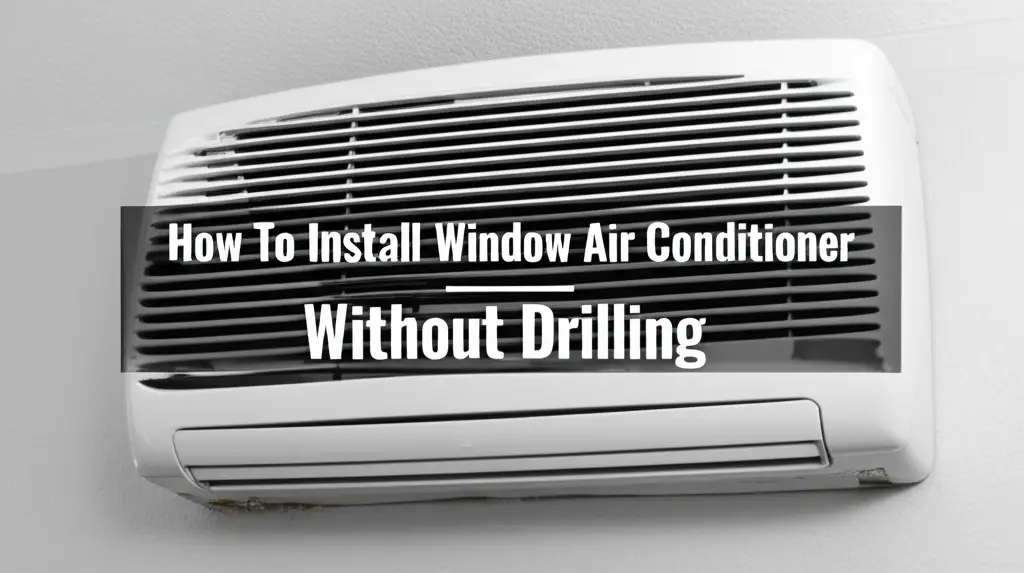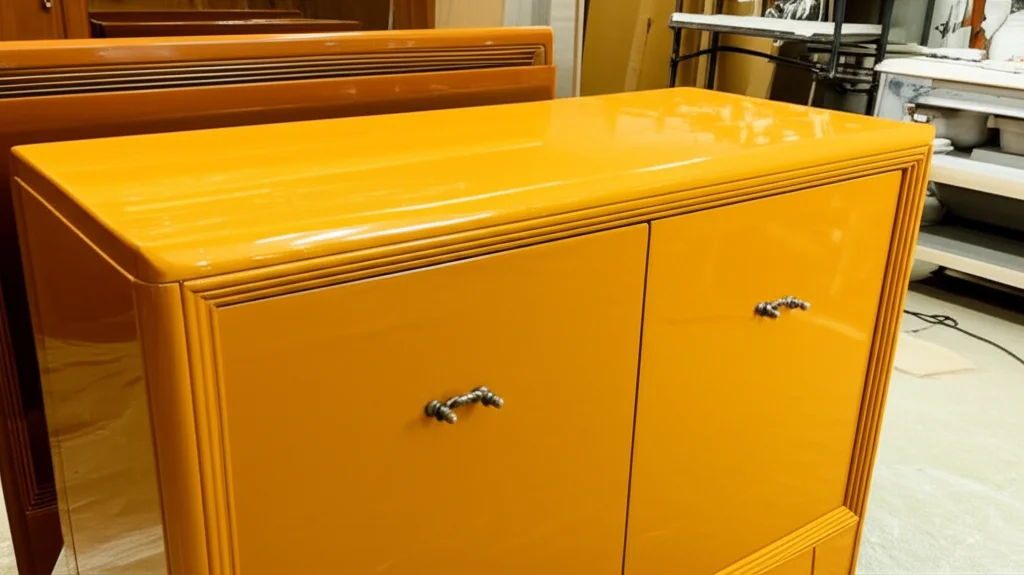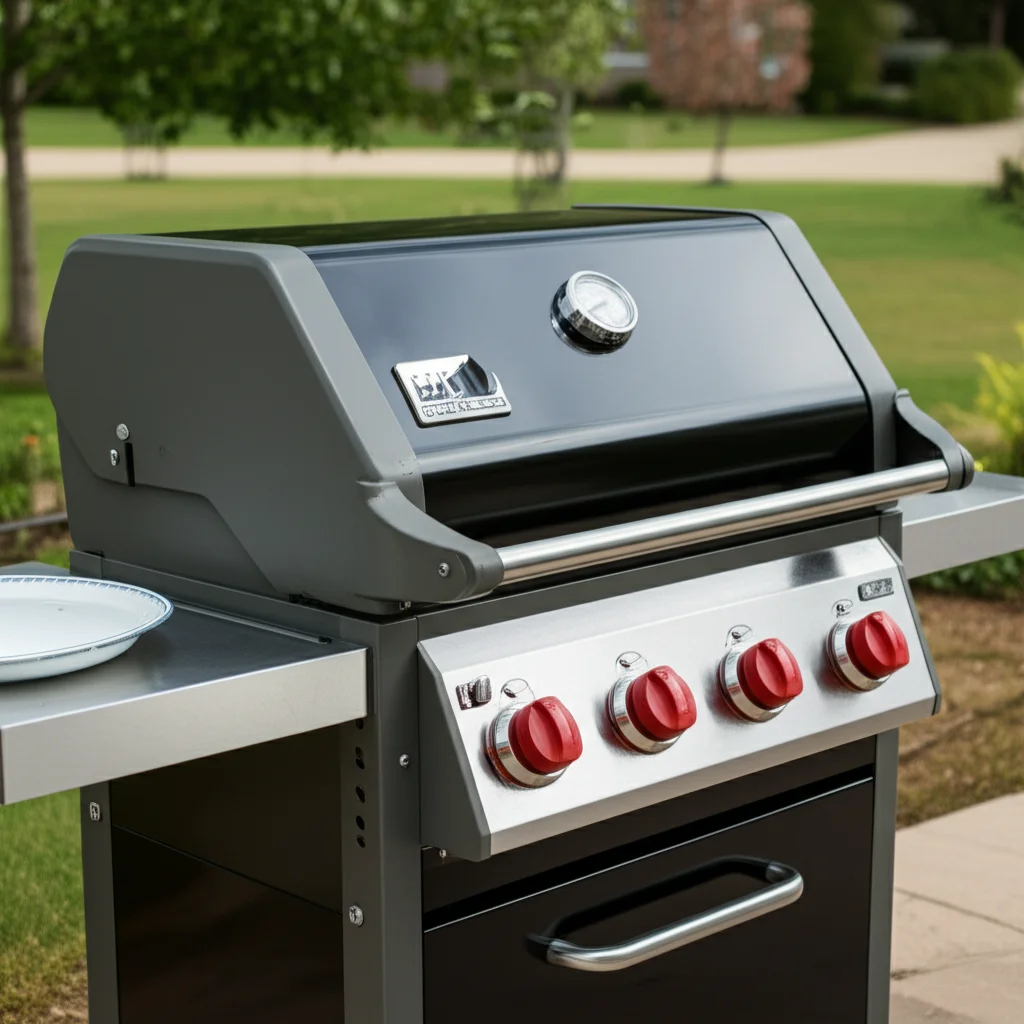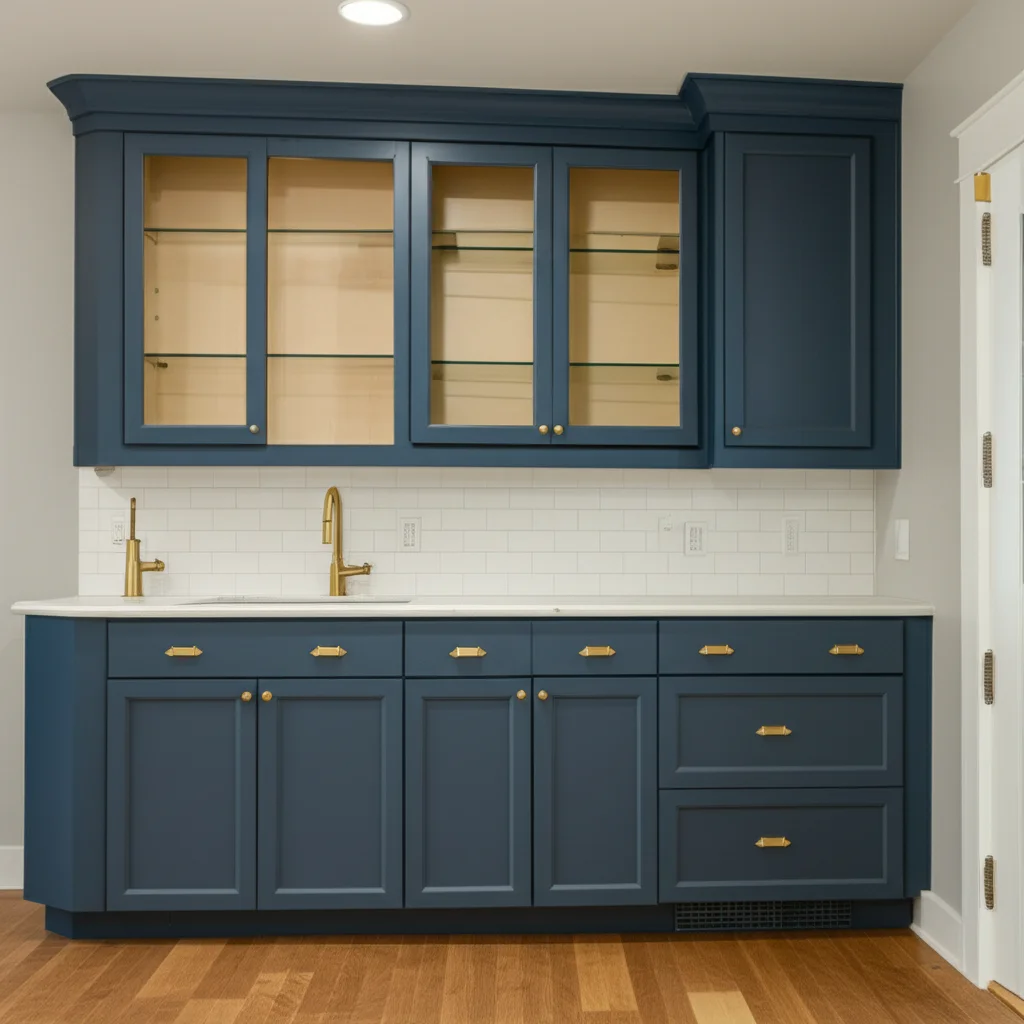· Katria Melrose · Home Improvement · 19 min read
Is Air Source Heat Pump Cheaper Than Gas
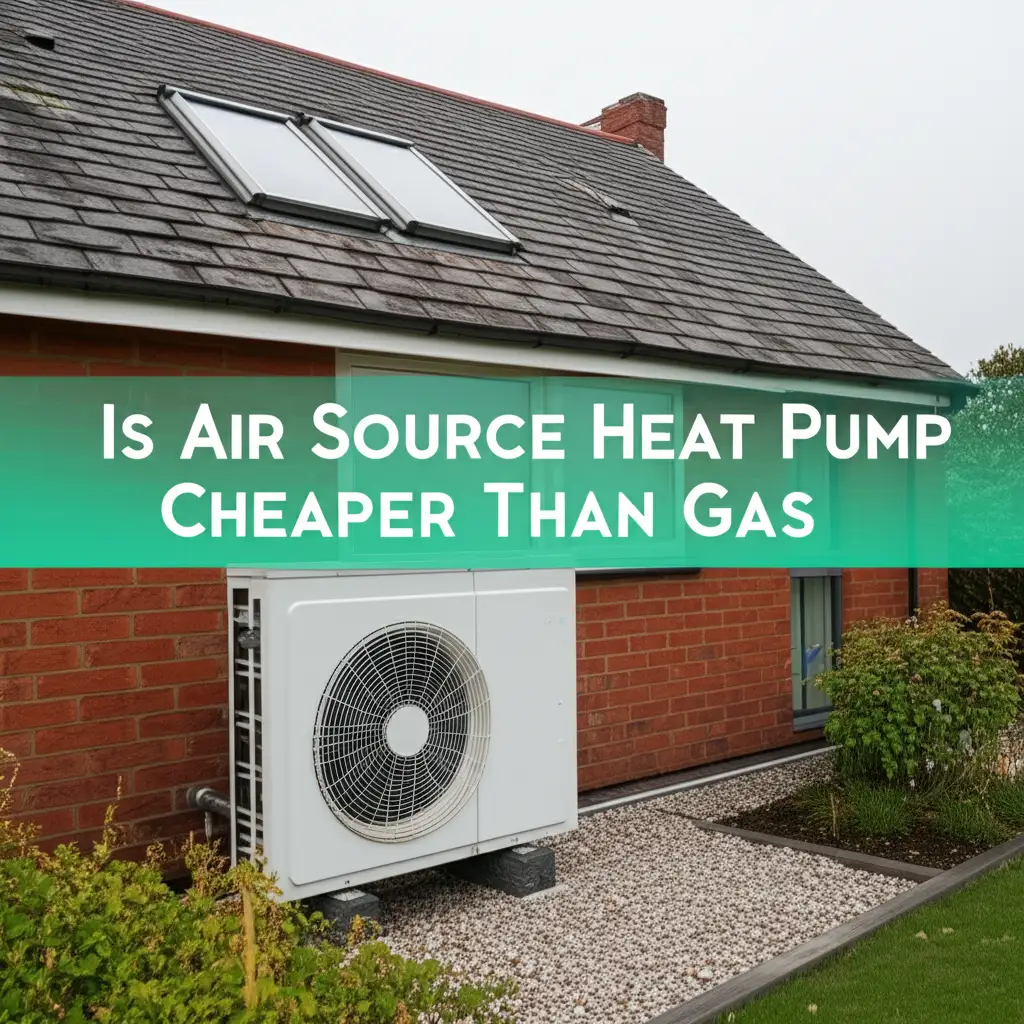
Is Air Source Heat Pump Cheaper Than Gas?
Many homeowners today ask about heating options. You might wonder if an air source heat pump is cheaper than gas heating. This is a big question. Understanding the full financial picture requires looking at different factors. We will explore installation costs, running expenses, and long-term savings. This article helps you make an informed decision about heating your home.
Takeaway
Choosing between an air source heat pump and gas heating involves more than just a quick look at utility bills. Consider these points:
- Upfront Costs: Heat pumps usually cost more to install than gas systems.
- Running Costs: Heat pumps can be cheaper to operate, depending on energy prices and efficiency.
- Long-Term Savings: Government incentives and lower operational costs can lead to significant savings over time.
- Environmental Benefits: Heat pumps offer a greener heating solution.
An air source heat pump can indeed be cheaper than gas in the long run. This depends on several factors like initial costs, energy prices, government incentives, and your home’s insulation. While the upfront investment is often higher, lower running costs and available grants can make it a more economical choice over the system’s lifespan.
Understanding the Upfront Investment: Air Source Heat Pumps vs. Gas Boilers
When you consider a new heating system, the first thing you think about is the initial cost. Air source heat pumps generally have a higher upfront price tag than traditional gas boilers. This includes the equipment and the installation work. A gas boiler might cost a few thousand dollars to buy and fit. A heat pump system, however, could be double or even triple that amount.
The components of an air source heat pump system are more complex. They include an outdoor unit, an indoor unit, and often a hot water cylinder. Gas systems primarily use a boiler and radiators. The installation process for a heat pump can also be more involved. It often requires changes to your existing pipework or radiators. This is because heat pumps work best with larger heat emitters. They deliver heat at a lower temperature than gas boilers.
I remember when my neighbor looked into a heat pump. He was surprised by the initial quote. He had only budgeted for a new gas boiler. He learned that the technology is different. The upfront cost reflects this advanced technology. This higher initial investment is a key point in the “is air source heat pump cheaper than gas” debate. You need to consider the total cost of the system. For a detailed breakdown of potential expenses, you can read more about how much is air source heat pump cost.
Installation Cost Considerations
The cost of installing an air source heat pump varies greatly. It depends on your home’s size and current heating system. If you already have a well-insulated home and suitable radiators, installation might be simpler. If you need new radiators or underfloor heating, the cost goes up. Installing a gas boiler is usually more straightforward. It often connects to existing infrastructure with fewer modifications.
My friend, who is an HVAC engineer, told me that heat pump installation needs specialized skills. Not every plumber can install them. This specialized knowledge can add to the labor cost. The complexity means a longer installation time. This also contributes to the higher initial price. For a deeper dive into these costs, explore how much for air source heat pump installation.
- Heat Pump Installation:
- Higher equipment cost.
- Potentially more complex pipework or radiator upgrades.
- Specialized labor required.
- Longer installation time.
- Gas Boiler Installation:
- Lower equipment cost.
- Often fits existing systems.
- Standard plumbing skills.
- Quicker installation time.
So, for upfront costs, gas usually wins. But this is only one part of the financial puzzle. We need to look at how much each system costs to run every day.
Operational Costs: Is an Air Source Heat Pump Cheaper Than Gas for Running?
The real savings often appear in the running costs. This is where an air source heat pump can truly shine compared to gas. Heat pumps do not create heat directly. They move heat from one place to another. This process is very efficient. For every unit of electricity they use, they can produce three or more units of heat. This efficiency is measured by something called the Coefficient of Performance (COP). A COP of 3 means the pump produces three times more heat energy than the electrical energy it consumes.
Gas boilers, on the other hand, burn natural gas to create heat. Their efficiency is typically around 80-90%. This means 10-20% of the energy is lost as waste heat. When you compare the energy conversion, heat pumps are far more efficient. This translates directly into lower energy bills for you. My electricity bill dropped when I switched to a heat pump. I noticed the difference during colder months.
The exact savings depend on the price of electricity and gas in your area. If electricity prices are high compared to gas, your savings might be less. However, governments are pushing for cleaner energy. This often means gas prices rise while electricity prices might stabilize or even fall with more renewable generation. Always check local energy tariffs.
Energy Prices and Efficiency Rates
Energy prices change constantly. The cost of electricity and gas varies by region and supplier. You should compare the unit price of gas (per kWh) against the unit price of electricity (per kWh). Remember that a heat pump uses less energy to produce the same amount of heat. So, even if electricity costs more per unit, the lower consumption can make it cheaper overall.
For example, if gas is £0.07 per kWh and electricity is £0.28 per kWh, a gas boiler operating at 85% efficiency would cost £0.082 per kWh of heat produced. A heat pump with a COP of 3 would cost £0.093 per kWh of heat produced (0.28/3). In this scenario, gas is slightly cheaper to run. However, if gas prices rise to £0.10, the heat pump becomes cheaper. The efficiency of your heat pump also matters. A higher COP means better savings. This makes the question “Is air source heat pump cheaper than gas?” a dynamic one.
- Factors influencing running costs:
- Energy Prices: Local electricity and gas tariffs.
- System Efficiency: Heat pump COP vs. gas boiler efficiency.
- Outdoor Temperature: Heat pump efficiency can drop slightly in very cold weather.
- Home Insulation: A well-insulated home needs less heat, saving money regardless of the system.
I always tell people to check their insulation before upgrading heating. Good insulation makes any heating system more efficient. It directly reduces how much energy you need. This saves you money in the long run.
The Lifespan and Maintenance Factor: Long-Term Savings
When you assess whether an air source heat pump is cheaper than gas, you must look beyond immediate costs. You need to consider the system’s lifespan and required maintenance. These factors significantly impact the total cost of ownership over many years. Heat pumps generally last longer than gas boilers. A well-maintained heat pump can operate for 15 to 20 years or even more. Gas boilers typically last 10 to 15 years. This longer lifespan means you replace the system less often. This saves on future installation costs.
Regular maintenance is crucial for both systems. Heat pumps need annual servicing to ensure optimal performance. This service includes checking refrigerant levels, cleaning coils, and inspecting electrical connections. Gas boilers also need annual servicing for safety and efficiency. This includes checking for leaks and ensuring proper combustion. The cost of these annual services is often comparable. My technician checks my heat pump every year. He says it helps keep the system running efficiently. This prevents bigger, more expensive problems down the line. You can learn more about this by reading how to service an air source heat pump.
Over two decades, you might need one gas boiler replacement. You might not need any heat pump replacements in the same period. This avoids another large upfront cost. This long-term perspective is vital when comparing the two heating options. It helps answer the “is air source heat pump cheaper than gas” question more completely.
Lifetime Value and Replacement Costs
Consider the lifetime cost. This includes the purchase price, installation, running costs, and maintenance over the system’s entire life. Even with a higher initial cost, a heat pump’s lower running costs and longer lifespan can make it cheaper overall. Imagine saving £300-£500 per year on energy bills. Over 15 years, this is £4,500-£7,500 in savings. Add to that the cost of replacing a gas boiler, which might be £3,000-£5,000. These figures quickly add up in favor of the heat pump.
- Heat Pump Lifespan:
- 15-20+ years.
- Reduced need for future replacements.
- Annual maintenance is simple.
- Gas Boiler Lifespan:
- 10-15 years.
- Likely one replacement during a heat pump’s lifespan.
- Annual maintenance is standard.
I always consider the long game with home improvements. A system that lasts longer and costs less to run is a smart investment. It improves your home’s value. It also gives you peace of mind. For more on how long these systems operate, check out how long does an air source heat pump last. The longevity factor strongly supports the idea that an air source heat pump can be cheaper than gas.
Factors Influencing Cost Savings: Location, Insulation, and Usage
The cost-effectiveness of an air source heat pump versus gas heating is not fixed. Several external factors influence your potential savings. Your geographical location plays a significant role. Heat pumps work best in moderate climates. In very cold regions, their efficiency can decrease. This means they use more electricity to produce the same amount of heat. Some modern heat pumps work well even in freezing temperatures. But extreme cold can still impact their COP. Gas boilers are less affected by outdoor temperatures.
Your home’s insulation is another critical factor. A well-insulated home loses less heat. This means any heating system, including a heat pump, needs to work less hard. This directly translates to lower running costs. If your home has poor insulation, a heat pump might struggle to heat it efficiently. This would increase your electricity consumption. I always tell homeowners to improve insulation first. It is often the most cost-effective energy upgrade. Good insulation maximizes your savings with a heat pump.
How you use your heating system also matters. If you keep your home at a consistent temperature, a heat pump is very efficient. Heat pumps prefer to run at a steady, lower temperature for longer periods. Gas boilers are good for quick bursts of high heat. Your lifestyle and heating habits impact your bills. Understanding these factors helps you accurately answer if an air source heat pump is cheaper than gas for your specific situation.
Optimizing Heat Pump Performance for Savings
To maximize savings with an air source heat pump, focus on these areas:
- Insulation: Upgrade wall, attic, and floor insulation. Seal drafts. This is the biggest money-saver.
- Window Quality: Replace old, drafty windows with energy-efficient ones.
- System Sizing: Ensure your heat pump is correctly sized for your home. An undersized unit will work too hard. An oversized one cycles on and off too much, reducing efficiency.
- Temperature Settings: Set your thermostat to a comfortable, consistent temperature. Avoid large temperature fluctuations. Heat pumps regain heat slowly.
- Underfloor Heating/Large Radiators: These emitters work well with the lower flow temperatures of heat pumps.
I learned that small changes in my home made a big difference. I added extra insulation in my attic. My heat pump then ran less often. This meant lower electricity bills. Your home’s readiness affects how much you save. A poorly prepared home will make any heating system less effective. This preparation is a crucial step when considering if an air source heat pump is cheaper than gas. It ensures you get the most out of your investment. You can also explore if an air source heat pump is right for you by considering these factors.
Government Grants and Incentives: Reducing Your Initial Outlay
The higher upfront cost of an air source heat pump can seem daunting. However, many governments offer grants and incentives to encourage their adoption. These financial supports can significantly reduce the initial investment. This makes heat pumps more competitive with gas boilers from the start. These programs aim to boost renewable energy use and reduce carbon emissions. They recognize the environmental benefits of heat pumps.
Examples of these incentives include:
- Direct Grants: A fixed amount of money provided towards the purchase and installation of a heat pump.
- Tax Credits: Reductions in the amount of income tax you owe for installing an eligible system.
- Low-Interest Loans: Special financing options to help cover the cost of installation.
- Rebates: Money back after purchasing and installing a qualifying heat pump.
These incentives vary by country, state, or even local municipality. I recommend checking your local government websites. Energy agencies or utility companies might also offer programs. My friend received a substantial grant for his heat pump. It cut his initial cost almost in half. This made the decision much easier for him. Without that grant, the upfront cost might have been too high.
These incentives directly impact whether an air source heat pump is cheaper than gas in the short term. They close the gap on initial investment. This allows homeowners to benefit from lower running costs sooner.
Navigating Available Support Programs
Finding and applying for these grants takes some effort. You need to research eligible systems. You also need to understand the application process. Here are some tips:
- Start Early: Some grants have limited funding or specific deadlines.
- Check Eligibility: Ensure your home and the chosen heat pump model qualify.
- Professional Help: Many heat pump installers are familiar with local incentive programs. They can help you with the paperwork.
- Combine Programs: Sometimes, you can stack multiple incentives for greater savings.
For example, in the UK, the Boiler Upgrade Scheme offers grants for heat pump installations. In the US, federal tax credits and state-specific programs are available. These incentives are a game-changer. They make the initial switch to a heat pump much more affordable. They help you save money faster. This support is a strong point for considering an air source heat pump as a cheaper alternative to gas heating.
I tell everyone to look into these programs before buying. They can significantly lower your entry barrier. They speed up the payback period. This makes the overall cost comparison more favorable for heat pumps.
Environmental Impact and Future-Proofing Your Home
Beyond financial considerations, environmental impact is a growing concern for many homeowners. This is where air source heat pumps clearly surpass gas heating. Gas boilers burn fossil fuels, releasing carbon dioxide (CO2) into the atmosphere. CO2 is a major greenhouse gas. It contributes to climate change. Switching from gas to a heat pump significantly reduces your home’s carbon footprint. This is especially true if your electricity comes from renewable sources like solar or wind power.
Heat pumps use electricity to move heat. They do not burn anything. This means they produce no direct emissions at the point of use. As more of our electricity grid becomes green, heat pumps become even cleaner. This makes them a key technology for a sustainable future. Choosing a heat pump aligns your home with environmental goals. It helps combat climate change.
I feel good knowing my home’s heating system contributes less to pollution. It’s a choice that goes beyond just my wallet. It’s about protecting the planet for future generations. This environmental benefit is a significant added value. It might not be a direct financial saving, but it is a saving for the planet. This factor is becoming increasingly important for many people when deciding if an air source heat pump is cheaper than gas in a broader sense.
Adapting to a Decarbonized Future
Governments worldwide are setting ambitious targets to reduce carbon emissions. This means a move away from fossil fuels, including natural gas, is inevitable. Investing in an air source heat pump now future-proofs your home. You will be ahead of potential regulations or bans on gas boilers. As gas becomes less desirable, its price might also increase due to declining demand or new taxes. This would make heat pumps even more financially attractive.
Furthermore, a heat pump can increase your home’s energy efficiency rating. This is a valuable asset if you decide to sell your property. Buyers are increasingly looking for homes with lower running costs and a smaller environmental impact. An energy-efficient home often commands a higher price.
- Environmental Benefits of Heat Pumps:
- No direct carbon emissions at home.
- Lower overall carbon footprint (especially with renewable electricity).
- Contributes to climate change mitigation.
- Future-Proofing Your Home:
- Aligns with government decarbonization goals.
- Protects against potential future gas price hikes or bans.
- Increases property value and marketability.
I believe making my home more sustainable is a smart move. It’s an investment in both my comfort and the future. The environmental advantages clearly give air source heat pumps an edge over gas systems. This is a significant part of the “is air source heat pump cheaper than gas” equation, even if it’s not a direct cash saving today.
Making the Right Choice: Financial Considerations for Your Home
Deciding whether an air source heat pump is cheaper than gas for your home involves weighing many factors. There is no single answer that fits everyone. You must consider your unique circumstances. Think about your family’s budget, your home’s current condition, and your long-term goals. Do you plan to stay in your home for many years? Then the long-term savings of a heat pump become very attractive. If you plan to move soon, the initial investment might not pay off in time.
The most important step is to get detailed quotes. Ask reputable installers for estimates for both a heat pump and a new gas boiler. Compare the upfront costs carefully. Also, ask for estimates on annual running costs based on your typical energy usage. These estimates will give you a clearer picture. I always get at least three quotes for any major home project. This helps me compare prices and services.
Consider the ongoing cost of energy. If electricity prices remain stable or decrease relative to gas, a heat pump will offer better savings. If gas prices remain low, the payback period for a heat pump might be longer. Stay informed about energy market trends. This helps you make the best financial decision.
Steps to Evaluate Your Heating Options
- Assess Your Home’s Energy Efficiency:
- Perform an energy audit.
- Identify areas for insulation improvement.
- Fix drafts and upgrade windows if needed. This step is crucial for heat pump efficiency.
- Research Available Incentives:
- Look for government grants, tax credits, and utility rebates.
- Factor these into the heat pump’s upfront cost.
- Get Multiple Quotes:
- Obtain detailed estimates for both air source heat pump and gas boiler installation.
- Compare equipment, labor, and any necessary upgrades.
- Calculate Lifetime Costs:
- Estimate running costs for each system over 15-20 years.
- Include maintenance and potential replacement costs.
- Don’t forget to consider lifespan differences.
- Consider Your Personal Priorities:
- Is environmental impact important to you?
- Are you comfortable with a higher initial investment for long-term savings?
- How long do you plan to live in your current home?
I found that doing this detailed analysis was key. It helped me see the full financial picture. It made me confident in my choice. For many, an air source heat pump is cheaper than gas over its lifetime. It just requires a careful look at all the numbers.
Frequently Asked Questions (FAQ)
1. Do air source heat pumps work in very cold weather?
Yes, modern air source heat pumps can work effectively in very cold weather, often down to -25°C (-13°F). Their efficiency (COP) does decrease at lower temperatures, meaning they use more electricity. However, they still provide heat. Some systems have backup electric resistance heaters for extreme cold. This ensures your home stays warm even in harsh conditions.
2. How long does it take for a heat pump to pay for itself?
The payback period for a heat pump varies. It depends on the initial cost, available grants, your current heating costs, and energy prices. It typically ranges from 5 to 15 years. Lower running costs and government incentives can significantly shorten this time. A well-insulated home also speeds up the payback period.
3. Are there government grants available for heat pump installation?
Yes, many governments and utility companies offer grants, tax credits, or rebates for air source heat pump installation. These incentives aim to reduce carbon emissions and encourage renewable energy adoption. Eligibility criteria vary by region. It is important to research local programs to see what support is available to you.
4. Is heat pump maintenance expensive compared to gas boilers?
Routine maintenance for an air source heat pump is generally comparable in cost to a gas boiler. Both require annual servicing to ensure efficiency and safety. Heat pump maintenance involves checking refrigerant, coils, and filters. Gas boiler maintenance includes safety checks and cleaning. Overall, neither system has significantly higher maintenance expenses than the other.
5. Can I install an air source heat pump myself?
No, you cannot typically install an air source heat pump yourself. Installation requires specialized skills, knowledge of refrigerants, electrical work, and plumbing. It also often involves certifications. Incorrect installation can lead to inefficient operation, system damage, or safety hazards. It can also void warranties and prevent access to grants. Always use certified professionals.
Conclusion
The question of “Is air source heat pump cheaper than gas?” has a nuanced answer. While the initial investment for an air source heat pump is often higher than a gas boiler, the long-term operational costs can be significantly lower. This depends heavily on fluctuating energy prices, your home’s insulation, and the availability of government grants. These incentives can dramatically reduce the upfront financial burden, making heat pumps a more attractive option.
Over the lifespan of a heating system, which is typically longer for heat pumps, the cumulative savings from lower energy bills can outweigh the initial cost difference. Beyond the financial aspects, air source heat pumps offer substantial environmental benefits, reducing your home’s carbon footprint and future-proofing it against evolving energy policies.
Making this choice means considering all factors: upfront costs, running expenses, maintenance, lifespan, and environmental impact. I encourage you to research local incentives and get detailed quotes for your specific situation. This careful evaluation will help you make the best heating decision for your home and your budget, ensuring both comfort and potential long-term savings.
- Air Source Heat Pump Costs
- Gas Boiler vs Heat Pump
- Home Energy Savings
- Renewable Heating


